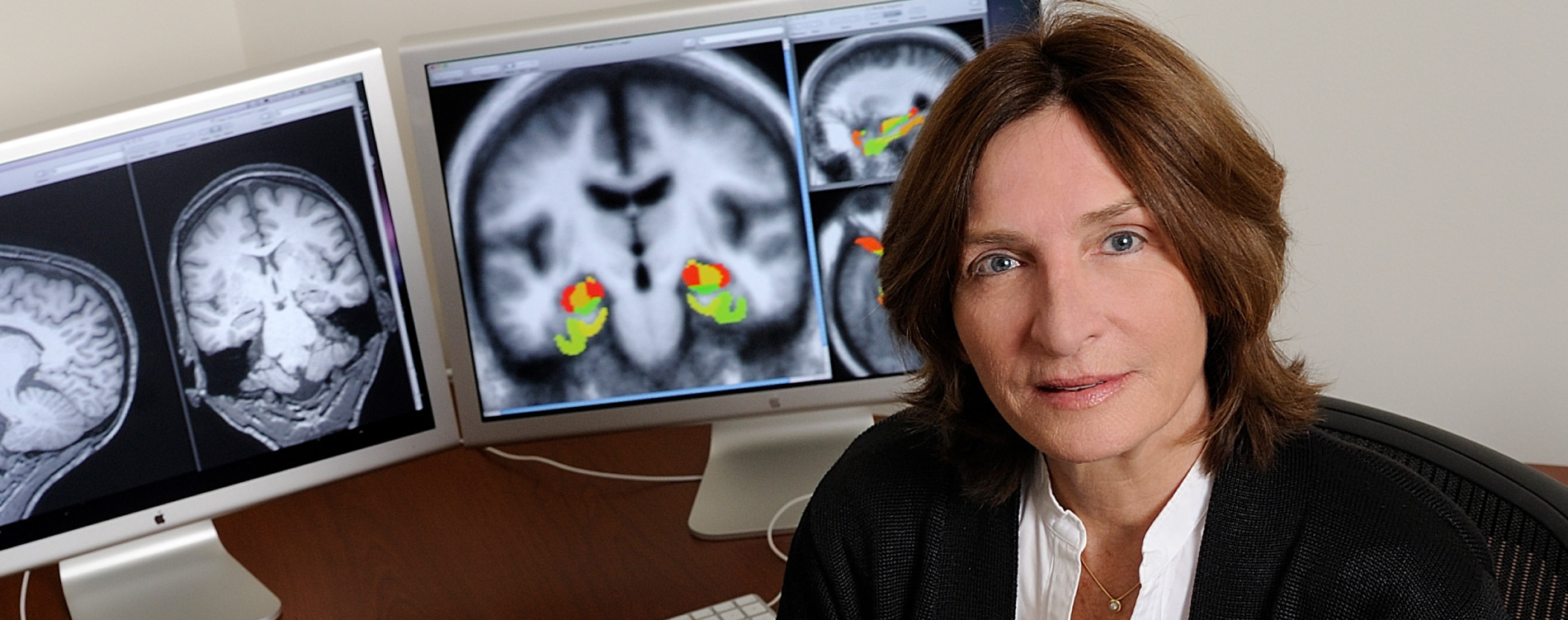Mild cognitive impairment (MCI) is a pre-dementia condition in which cognitive function is worse than expected for a person's age. It is estimated that 10-20% of people 65 and older have MCI. About half of the people with MCI will progress to Alzheimer's disease, and currently there are no drugs available to prevent that.
The Alzheimer’s Drug Discovery Foundation (ADDF) is supporting Baltimore-based biotech company AgeneBio to develop drugs for MCI. The $900,000 grant will support the initiation of a phase 3 clinical trial of AGB101, a proprietary formulation of low-dose levetiracetam, an FDA-approved epilepsy drug that has shown potential for MCI.
AGB101 is the first and only treatment to target hippocampal hyperactivity, a hallmark of the MCI stage of Alzheimer's disease. The phase 3 trial will build on previous studies, which demonstrated that reducing hippocampal hyperactivity is critical to restoring brain function and maintaining normal memory. By treating patients with MCI, it may be possible to stop the progression to Alzheimer's, essentially preventing the disease.
We look forward to sharing updates as this research progresses.
Alzheimer's Matters Blog
Early-Stage Dementia Treatment Headed to Phase 3 Clinical Trial
